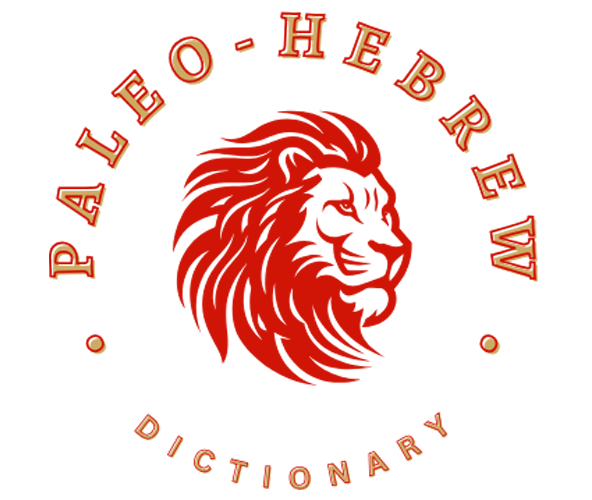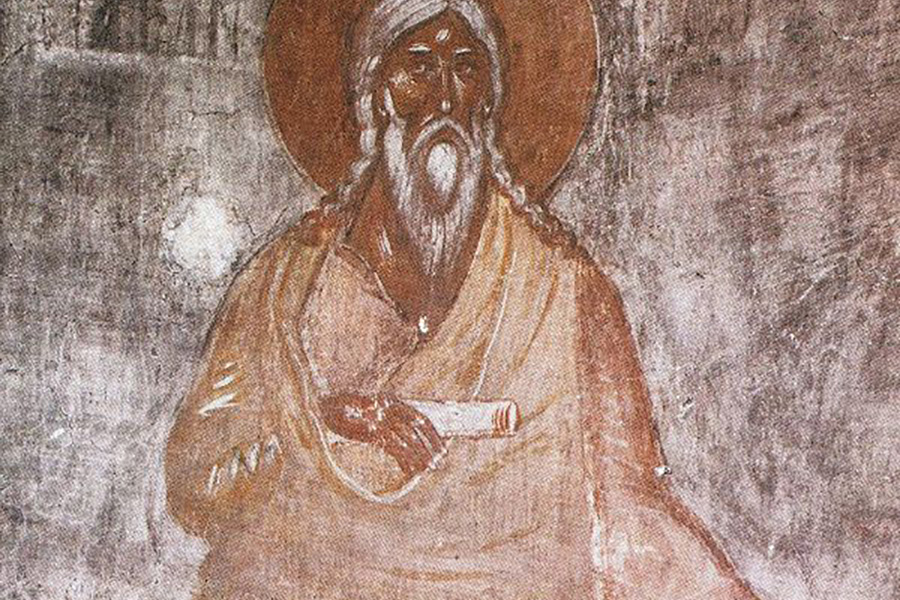« Back to Glossary Index
Categories: Environment
Synonyms:
𐤏𐤁, thicket
The word 𐤏𐤁 (āb) means “thicket” meaning a thick or dense growth of shrubs, bushes, or small trees.
Potentially written as ghab (pronounced: ghab).
Extended Study for 𐤏𐤁 (āb)
To read the study guide entry that elaborates on 𐤏𐤁 (āb) then join our Extended Study Membership at https://www.paleohebrewdictionary.org/extended or use phdict.org/extended to share a short link with others.





